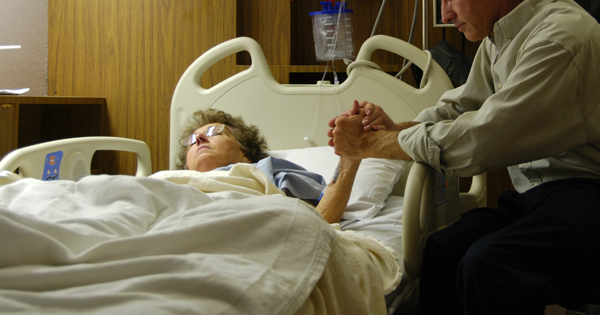An elderly woman in her 70s recently passed away after returning home to Reno, Nevada after an extended trip to India. Her doctors tried every medication in the book to treat her condition, but nothing worked.
Her case is now causing doctors all over the country to become concerned.
The woman returned to the US on August 18, 2016. She was hospitalized that same day because she was running a fever, had an abnormally high heart rate, and exhibited other symptoms that indicated her body was suffering from an infection or other serious trauma.
It was then that doctors learned the woman had been hospitalized in India because she’d fractured her femur and contracted an infection in her high and hip bones.
She was immediately diagnosed with systemic inflammatory response syndrome, and doctors continued to investigate in order to determine the bacteria that was residing in her body.
A week later, doctors finally got to the root of the problem – a carbapenem-resistant Enterobacteriaceae (CRE) known as Klebsiella pneumoniae. This type of bacteria is generally found in the human gut, but its resistance to carbapenem ultimately made it a killer.
Carbapenems are currently considered the “last resort” antibiotic. Only when bacteria are resistant to every single other antibiotic do doctors try using a carbapenem.
But because this woman’s doctors already knew her infection was this severe, the doctors weren’t able to treat her of her infection.
The best they could offer her was specialized, solitary treatment (also to avoid contaminating other patients), before she contracted sepsis and passed away in September.
This woman’s medical case is causing great concern throughout the medical community. Although most doctors knew antibiotic-resistant bacteria would ultimately come to the fore, it had been a problem they hadn’t thought needed to be addressed so soon.
Now, it’s a completely different story.





